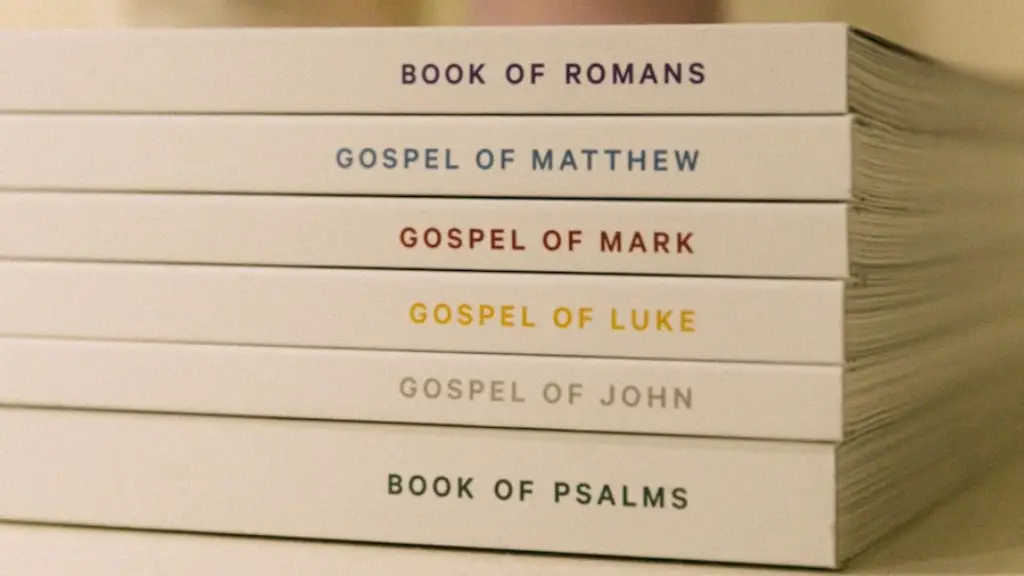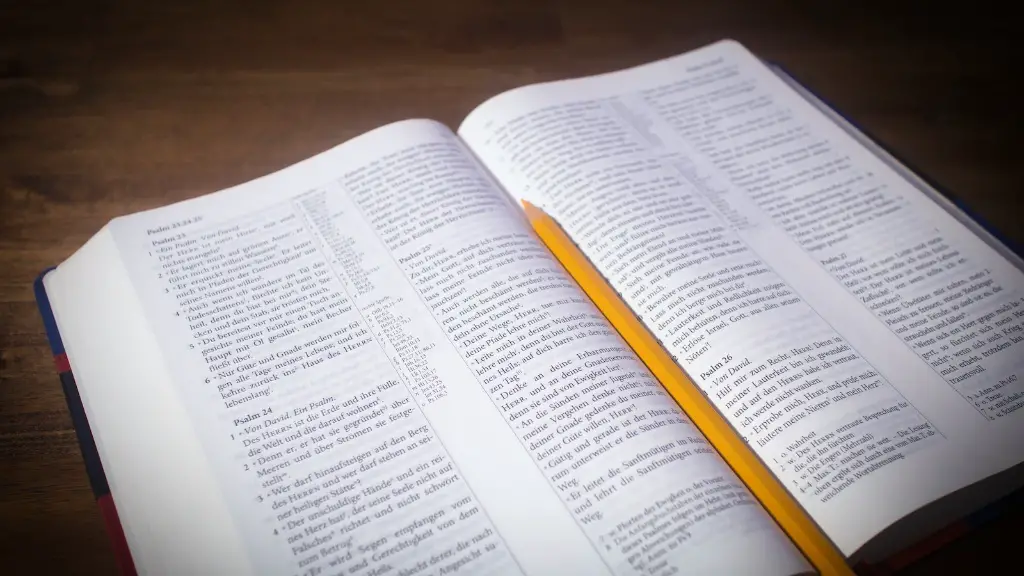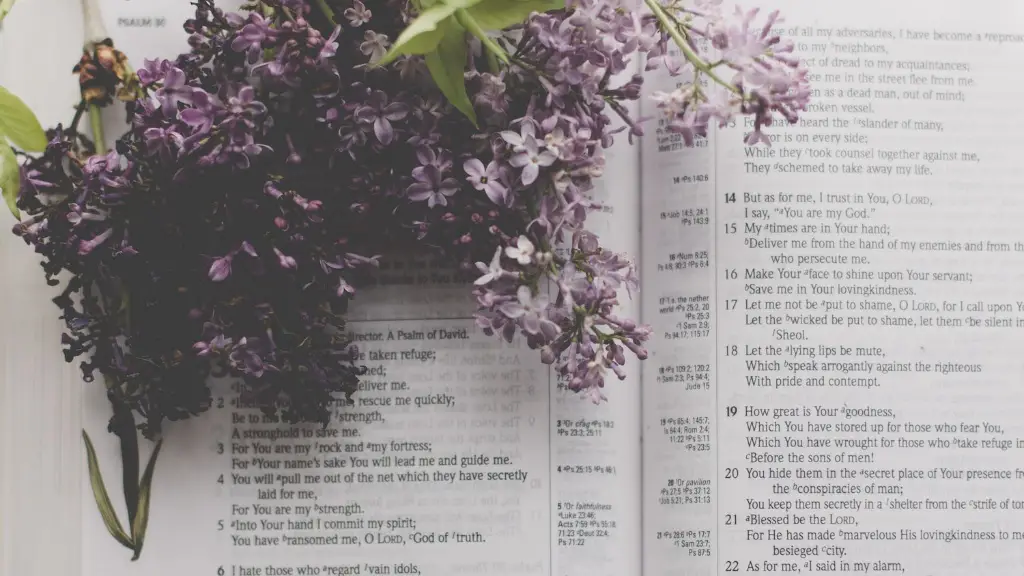Halloween is observed on the night of October 31. The word Halloween is a shortened form of All-hallow-even, meaning “hallowed evening” or “holy evening”. In the bible, the meaning of halloween is the day that commemorates the dead. All Hallows’ Eve is the day before All Saints’ Day, also known as All Hallows’ Day.
Halloween is not a biblical holiday.
What does God say about Halloween?
This verse from Paul’s letter to the Corinthians is a strong warning against being involved in both evil and good. We are not to drink from the cup of the Lord and the cup of demons, or partake of the table of the Lord and the table of demons. We are to take no part in the unfruitful works of darkness, but instead expose them.
As a Christian, you are not obligated to celebrate Halloween if you do not feel called to do so. There is no pressure to participate in this holiday – if your discernment leads you to abstain from participating or focus on the harvest festival activities associated with Halloween, that is wonderful. Trust your instincts and follow your heart. God will guide you in the right direction.
Is Halloween mentioned in the Bible
There’s no mention of Halloween in the Bible since it came into existence centuries after the Bible was written. However, those who look to the Bible for guidance in life might wonder what it says about the holiday.
The roots of trick-or-treating can be traced back to a medieval Christian tradition, in which the poor would go to wealthy homes on Hallowtide — the eve of All Saints’ Day — and offer prayers in exchange for food and beer. The tradition of dressing up in costumes on Halloween also has its origins in Christianity, specifically in the medieval practice of “souling,” in which poor Christians would beg for soul cakes (a type of sweetbread) in exchange for praying for the dead.
What does Halloween mean spiritually?
Halloween has its roots in the ancient Celtic festival of Samhain. The Celts, who lived 2,000 years ago in the area that is now Ireland, the United Kingdom and northern France, celebrated their new year on November 1. This day marked the end of summer and the harvest and the beginning of the dark, cold winter, a time of year that was often associated with human death.
To mark the occasion, the Celts built huge bonfires, where the people gathered to burn crops and animals as sacrifices to the Celtic deities. During the celebration, the Celts wore costumes, often consisting of animal heads and skins, and told each other’s fortunes.
When the Roman Empire conquered the Celts in the 1st century AD, the Roman Emperor Claudius II banned the Druids, who were the Celtic priests, from practicing their religion. This meant that the Celtic festivals and traditions, like Samhain, were also banned.
But even though the Romans tried to stamp out the Celtic traditions, they couldn’t entirely succeed. In the 4th century AD, the Roman Emperor Constantine declared that Christianity would be the official religion of the empire. This led to a fusion of Celtic and Christian traditions, and Sam
Halloween is a time to remember the dead, including saints (hallows) and all those who have gone before us. It is a time to reflect on our own mortality and to be grateful for the blessings in our lives. It is also a time to have fun and enjoy the company of friends and family.
What did Christians call Halloween?
Halloween is a fun and festive holiday that is celebrated on October 31st. The holiday originated in Ireland and was brought to America by Irish immigrants. Halloween is a time to dress up in costumes, go trick-or-treating, and enjoy fall activities.
Giving honor and praise to God should be a priority in our lives. We should seek to glorify Him in everything we do, no matter how small or insignificant it may seem. God deserves our honor and praise, and we should seek to give it to Him in all that we do.
Should Christians believe in Halloween
Christians should not celebrate Halloween as a way to celebrate evil, death, and darkness But, Christians can participate in the holiday as a way to enjoy time with friends and family, engage the community around them, and be a light for Jesus in the hardest and darkest places like Halloween night.
Belief in a God of Death is Haram (forbidden) in Islam because it goes against the beliefs of Muslims. Muslims believe in One God, who is the Creator of all things. He is All-Powerful and All-Knowing. He does not need any help from anyone in creating or running the universe.Anyone who believes in a God of Death is committing idolatry and disbelief.
What faith is Halloween?
Halloween has its roots in an annual Celtic pagan festival called Samhain. The early Catholic Church appropriated the holiday some 1,200 years ago. Today, Halloween is a secular affair dominated by candy, costumes and trick-or-treating.
Halloween is a holiday with its roots in the ancient Celtic festival of Samhain. This pagan religious festival was a time to welcome the harvest at the end of summer. People would light bonfires and wear costumes to ward off ghosts. Today, Halloween is a popular holiday celebrated by people of all ages.
What do Catholics say about Halloween
Halloween has become a secular holiday in recent years, but its origins are actually Catholic. The holiday falls on the eve of All Saints Day, a Holy Day of Obligation, meaning that Catholics are required to attend Mass just as though it were a Sunday. To avoid superstition and the influence of the occult, Halloween should not be honored or celebrated apart from Catholic truth. Fr.
Halloween has its roots in the ancient, pre-Christian Celtic festival of Samhain, which was celebrated on the night of October 31. The Celts, who lived 2,000 years ago in the area that is now Ireland, the United Kingdom and northern France, believed that the dead returned to earth on Samhain. In addition to honoring the dead, the Celts believed that Samhain was a time when the boundary between the worlds of the living and the dead became blurred. As a result, they believed that evil spirits could roam the earth on this night. To ward off these evil spirits, the Celts built bonfires and wore costumes made from the skins and bones of animals.
What churches don’t celebrate Halloween?
There are a few different reasons why some people don’t celebrate Halloween. For Jehovah’s Witnesses, they don’t celebrate any holidays or birthdays because they believe that these types of celebrations are a form of idolatry. Some Christians also don’t celebrate Halloween because they believe that the holiday is associated with Satanism or Paganism. Orthodox Jews also don’t celebrate Halloween because it is originally a Christian holiday.
Samhain is a Celtic festival that marks the end of summer and the beginning of the Celtic New Year. It is observed from sunset on October 31st to sunset on November 1st. Samhain was first observed by Celtic Pagans and is the origin of Halloween. It is a time to celebrate the cycle of life and death, and to honor the ancestors.
Is Halloween the celebration of the dead
Día de los Muertos, or Day of the Dead, is a Mexican holiday that is often mistaken for Mexican Halloween. While Halloween and Day of the Dead share common roots and traits, they are still different holidays. Día de los Muertos is a holiday that is celebrated in Mexico to remember and honor the deceased. On this holiday, it is believed that the souls of the deceased come back to visit their loved ones. Families create altars with the deceased’s favorite foods and drinks as well as pictures and other objects that represent their life. They also decorate graves with flowers and visit cemeteries to pray and clean the graves. Halloween, on the other hand, is a holiday that is celebrated in many countries around the world and is mainly focused on ghosts, witches, and candy.
It is thought that the Celts, who lived in what is now Ireland, the United Kingdom, and northern France, brought their Halloween customs to the New World. The first known mention of the holiday in the United States occurred in a 1792 Maryland newspaper. By the mid-19th century, annual autumn festivals were common in many parts of the United States and Canada. Not until the 1920s and 1930s did Halloween become a holiday primarily for children.
Conclusion
Halloween is not mentioned in the Bible.
There is no explicit mention of Halloween in the Bible, but some believe that the holiday has its origins in pagan celebrations of the dead. Some Christians believe that Halloween is a time to celebrate the life of saints and martyrs, while others believe that the holiday is a time to reflect on the dark aspects of human nature. Ultimately, the meaning of Halloween is up to interpretation.





